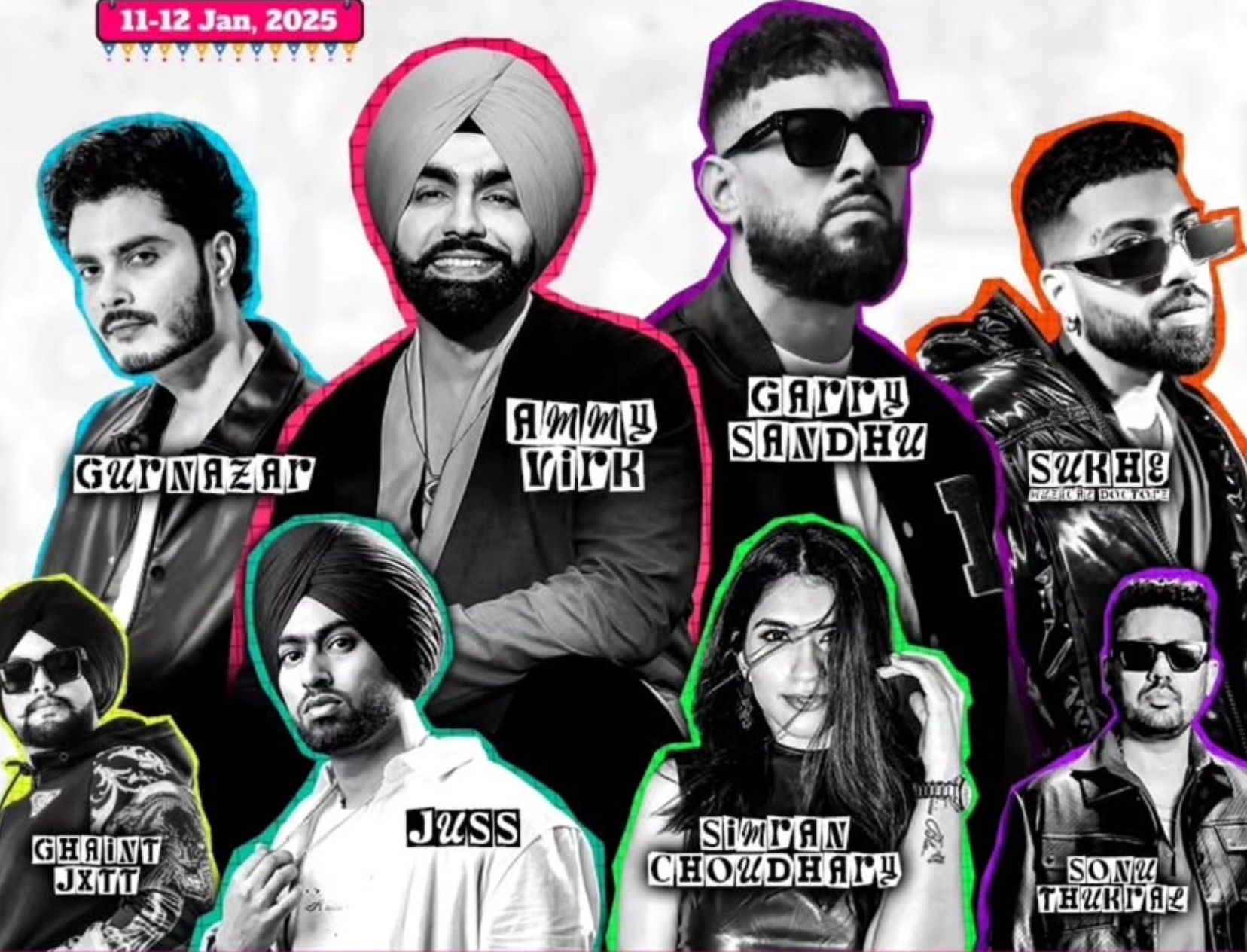Is it just me or do hiccups always strike at the worst possible moment –in the middle of a date or during a job interview. Though it is most often short-lived, it can be super annoying. At its basic, a hiccup is an involuntary reflex action that happens when a sudden contraction of the diaphragm makes the vocal cords to snap shut.
Thankfully, most of the times hiccups go away on their own and within a few minutes. However, they can be overly annoying for the time they last. Though human beings have come up with endless solutions to the hiccup problem, there’s still uncertainty on what works and what does not. Read on to find out the most effective ways to get rid of the annoying hiccups. But first, the most obvious question:
What Causes Hiccups?
Hiccups can happen because of a lot of physical and emotional reasons. Science says that one of the primary causes of hiccups is the involuntary spasm of the diaphragm. The diaphragm is a dome-shaped muscle beneath your lungs whose main function is to help you breathe. Every time you inhale, the diaphragm moves downward and when you exhale, it relaxes and rises up. If something irritates the diaphragm, it can spasm thus making you suck air into your throat. This creates the hic sound we call hiccups, that is basically the sound of air expelling from the lungs.

Apart from this, there are several other reasons that contribute to hiccups. Here are some of the other causes of hiccups:
- Overeating or eating too fast
- Drinking carbonated drinks
- Eating spicy foods
- Stress or anxiety
- Drinking too much alcohol
- Experiencing quick changes in temperature
- Chewing gum
Though hiccups are generally short-lived, if they are too persistent, they can be indicative of some serious underlying condition like:
- Central nervous system disorder like stroke, meningitis, traumatic brain injury, encephalitis, and tumour.
- Gastrointestinal conditions like gastritis, gallbladder issues, inflammatory bowel disease, gastroesophageal reflux disease, and small bowel obstruction.
- Thoracic disorders like bronchitis, asthma, pneumonia, pulmonary embolism and pleurisy of the diaphragm.
- Metabolic disorders including diabetes, kidney disease, electrolyte imbalance, hyperglycemia, and hypoglycemia.
- Psychological reasons like excessive excitement, grief, stress, anxiety, hysterical behaviour and shock.
- Conditions related to the autonomic nervous system that also affect breathing, sweating and heartbeat.
- Conditions that irritate the vagus nerve.
- Hiccups may also indicate excessive consumption or use of alcohol, steroids, tranquilisers and anaesthesia.
How To Stop Hiccups Naturally
There is no one-solution-fits-everyone when it comes to hiccups. Though there is anecdotal evidence passed down through generations, there is not enough scientific proof that establishes their validity.
Here are a few tips and home remedies that can help in dealing with bouts of hiccups. All of these are backed by the Centers For Disease Control And Prevention (CDC) and the National Health Service (NHS):
Breathing Exercise And Posture
Sometimes a small change in your breathing pattern and posture can also help in relaxing your diaphragm and in turn stop hiccups. Here are a few things to try:
Hold Your Breath

One of the best cures for a bout of hiccups is holding your breath for a while. Inhale a large amount of air and hold it for 10-20 seconds. Now exhale slowly. Repeat for a few times. With the buildup of carbon dioxide in the lungs, the diaphragm relaxes and hiccups stop.
Breathe Into A Paper Bag

Hold a paper bag over your mouth and nose. Now inhale and exhale slowly every time inflating and deflating the bag. Alternatively, cup your hands over your mouth and nose while breathing normally. The carbon dioxide that you inhale can help you get rid of the hiccups.
Hug Your Knees

Sit down comfortably. Bring your knees to your chest. Sit in the same position for two minutes. This relieves the pressure on the diaphragm and treats hiccups.
Measure Your Breath

Practice slow and measured breathing. Inhale on a count of five and then exhale on the count of five.
Chest Compression
Bend forward compressing your chest in a way that the pressure is put on your diaphragm.
Valsalva Test

Try to exhale while pinching your nose and keeping your mouth shut.
Pressure Points
There are certain points on our body that are sensitive to pressure. Applying pressure to these points can relax the diaphragm and stimulate the nerves thus stopping hiccups.
Pull Your Tongue

Pulling the tongue stimulates the nerves and muscles of the diaphragm. Hold the tip of your tongue and pull it forward a couple of times. When you do this you breath more smoothly dismissing the spasms that cause hiccups.
Diaphragm Press

The diaphragm separates the lungs and the abdomen. With your hand, apply pressure on the area just below the breastbone to stop hiccups immediately.
Squeeze Your Palms

With your thumb of one hand apply pressure to the palm of the other hand. The harder you do it, the better it gets. You can also try pressing the ball of the left thumb against the thumb and forefinger of the right hand.
Plug Your Ears

Stick your fingers in your ears for 20-30 seconds or simply press the area behind your earlobes. Doing this relaxes the nerves that connect to the diaphragm. However, be careful to not apply too much pressure. Also, don’t keep repeating the process if it is not working for you.
Massage The Carotid Artery

A carotid artery is present on each side of the neck. This is where the doctor touches when he feels your pulse on your neck. To massage the carotid artery, lie down and turn your head to the right. Massage the artery on the left in a circular motion for five to ten seconds. Repeat on the other side.
What To Eat/Drink To Stop Hiccups
Eating certain foods and drinking water in a certain way can also stimulate the vagus or phrenic nerves and thus stop hiccups. Here are a few examples:
Cold Water
Take a few sips of cold water from a glass. The contractions that happen in your oesophagus while drinking water will override the spasms of the diaphragm and serve as a hiccup cure. Ice cold water also stops the irritation in the diaphragm and helps get rid of hiccups.
Sugar

Pexels
Sugar with its grainy structure can irritate the oesophagus and the back of the throat and cause the phrenic nerves to relax, thus stopping hiccups.
Peanut Butter
Eat a big spoonful of peanut butter. As you try to get the sticky butter off your tongue and teeth, your breathing patterns are interrupted thus stopping the hiccups.
Honey

Pexels
Mix one teaspoon of honey in a glass of warm water and drink it. Honey will relax the vagus nerves and stop hiccups.
Chocolate Powder
One of the easiest remedies to cure hiccups is swallowing a spoonful of chocolate powder. Finishing the entire thing is difficult but is definitely worth a try.
Dill Seeds

Pexels
Chewing a teaspoonful of dill seeds can also help in hiccup treatment. Dill seeds stimulate the vagus nerve and thus stop hiccups.
Lemon
Another popular hiccup cure is biting or sucking on a wedge of lemon topped with bitters. In an experiment, 14 out of 16 people got rid of hiccups in less than a minute by chewing on a lemon with some bitters.
Other Remedies
If none of these work, here are a few other remedies that you can try to get rid of hiccups:
- Place an ice cube on the back of your neck and another just two inches below your jaw. Let the ice cubes stay for 30 seconds. This will interrupt the vagus nerve that causes the diaphragm to contract and thus the hiccup.
- Suck on an ice cube for a minute and then swallow it when the size is reduced.
- Gargle ice water and repeat if needed.
- Put a drop of vinegar on your tongue.
- Swab the back of your throat with cotton. Do this until you gag or cough. This will stimulate the nerves and stop the hiccups.
- Distract yourself with something engaging. Hiccups tend to go away on their own when you are not focussing on them.
How To Prevent Hiccups
Most of the common causes of hiccups can be prevented by making small changes in your lifestyle. Try the following tips:
- Eat slowly and in small spoonfuls
- Avoid spicy food
- Reduce your alcohol intake
- Avoid carbonated drinks
- Practice deep breathing and meditation regularly to relieve stress
When To See A Doctor
In most cases, hiccups go away in a few minutes. However, if you have persistent hiccups or if they last for a few hours, it is advised that you go see a doctor as it can mean an underlying illness like gastroesophageal reflux, stroke or multiple sclerosis.
How To Stop Hiccups In Infants And Babies

Giphy
Hiccups in babies are caused by a contraction of the diaphragm and the fast-closing of the vocal cords. Unlike in adults, hiccups do not interfere with breathing in babies and most babies can sleep through hiccups without any disturbance.
If you think the bout of hiccups is causing discomfort to your baby, you can try these easy tips:
Make The Baby Burp

In between feeding the baby, make them burp at regular intervals. It might be the excess gas in the baby’s body that may be causing the hiccups. To make the baby burp, make him/her sit in an upright position on your lap. Now lean the baby slightly forward and gently rub their back. Do not put too much pressure.
Give Them A Pacifier

Babies don’t necessarily hiccup due to feeding. If the hiccups start without any obvious reason, try making them suck on a pacifier. Doing this will relax the diaphragm and eventually stop the hiccups.
Give Gripe Water
If the hiccup is causing much discomfort to the baby, try feeding some gripe water. Gripe water is a liquid supplement containing sodium bicarbonate and herbs like ginger, fennel, chamomile, cinnamon, clove, peppermint and cardamom. Though gripe water has a fairly low risk of any side effects, we still recommend talking to your doctor before feeding your baby anything new.
Let It Stop On Its Own
Most often, hiccups stop on their own. Just let them run their course and they will stop eventually. Hiccups are considered normal in infants and kids below the age of 12 and are not something to be worried about.
Hiccups can be annoying as hell but they will probably be gone before you know it. To know more about how to stop hiccups then have these simple tips and home remedies to help you. Consult a doctor only if your hiccups last longer than 48 hours or if you find difficulty in breathing and eating.
Featured Image: Care2
POPxo is now available in six languages: English, Hindi, Tamil, Telugu, Marathi and Bangla.
Love all things colourful and cute? Take it up a POP with POPxo Shop’s collection of super fun mugs, phone covers, cushions, laptop sleeves and more!





